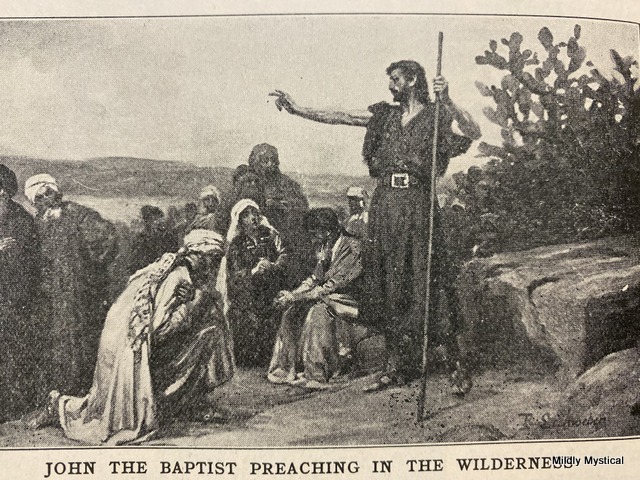Fairy tales often present an aging king and the search for who will take his place. These stories remain fresh because they describe a cyclically occurring crisis in the lives of individuals and of nations.

A king who no longer has the strength to serve, in a fairy tale, represents longstanding ideals that have lost their vitality. When these guiding principles cease to inspire, they need to be reinvigorated. When they no longer spur people to offer their best, or to strive for the highest good, these crowning values need to be replaced. We need ideals with real power to remind us of what matters, and to lead us forward into life. We need inspiration that connects with our lived experience.
In fairy tales it is not the powerful or clever candidates who pass the tests to become the new ruler. It is rather the one in touch with instinctive and even naïve insight, able to stumble upon the right answer or to find help in an unlikely place, simply by following his nose. When ideals have lost their power, we lose our way. we need this kind of humble, grounded energy to gain vitality and aliveness.
Listening to the gospel reading on Sunday, I realized that this search for revitalizing energy is what John the Baptist exemplifies. He is part of the move to release what no longer inspires us, and to search for what has the vitality to replace it.
John the Baptist goes into the wilderness and lives like a wild man. He leaves civilization behind—no garments of woven cloth, no bread, no roof over his head. He wears animal skins and eats locusts and wild honey. He knows that something new is needed to bring meaning into people’s lives. He is radically open to what comes next, but does not yet know who or what it is.
John the Baptist is important in this season of Advent. His was not a quiet waiting, but an active preparation. He stirs the pot, and things begin to happen. Jesus comes to him to be baptized and then makes his own journey into the wilderness. When Jesus returns, he brings a new teaching and a new reality that changes the world.
When the old is no longer working we must face the frightening task of letting it go. It’s a time of going into the wilderness, of being willing to inhabit that vulnerable place of not knowing. We must set aside our barren practices to allow the vital life force to inhabit us again and propel us forward.
To do this wisely means being open to guidance greater than our own calculations. Instinctive energy reinvigorates, but it can also be dangerous. It is incredibly powerful, able to overrule reason. On the path forward it can be the one step back before the two steps forward. We need connection with both our highest and best ideals as well as the material realities of our lives.
John the Baptist is a shocking character. He shows up when a shock is needed to get things moving. When change is crucial but we don’t yet know what will be, we hear his voice crying in the wilderness.
When a wild man wearing animal pelts arises, change is in the wind. It’s time to answer his call and to make our own journey into the unknown. We need to listen for true wisdom and guidance, whether individually or as a nation, to find the compelling new vision that will lead us forward.
Susan Christerson Brown

Comment